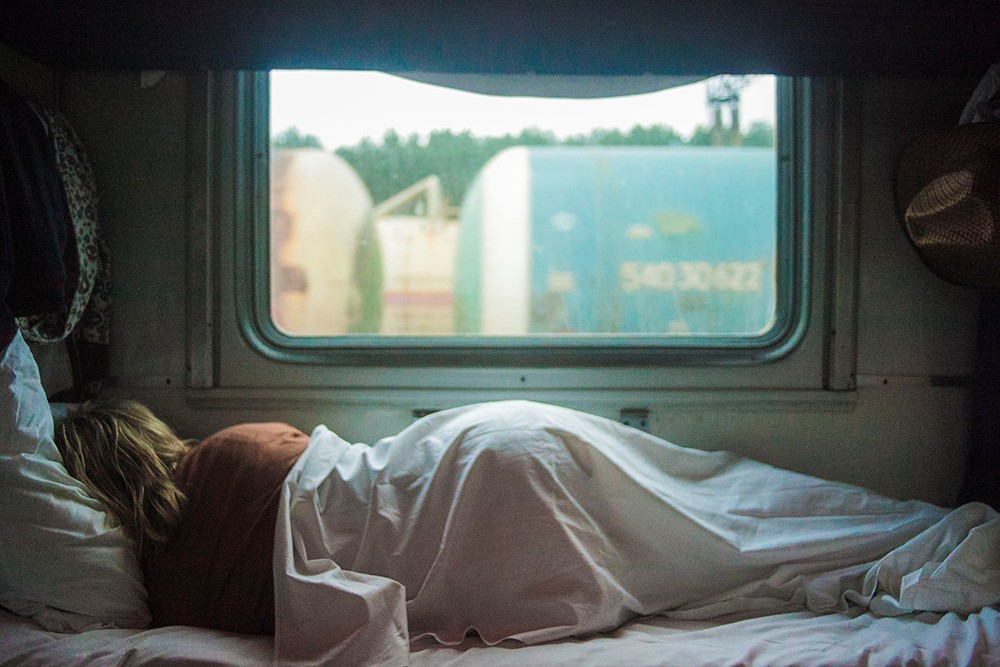
Many of us struggle to fall asleep. Whether we hit the pillow stressed, or have diagnosed insomnia, it can be very frustrating tossing and turning each night. So what can we do?
There's no one technique that suits everyone. But here are a few tried and tested techniques that might help you fall asleep faster:
Switch off, and switch off
The blue light emitted from our digital devices has a lot to answer for. It disrupts serotonin, the sleep hormone, and tricks your body into thinking it should stay alert – and not prepare for sleep.
So rule number one is to switch off electronic devices, including your TV and phone, an hour or so before bed. Not only will this help your body ease into a sleep state, it also trains your brain to associate bed with sleep – and not entertainment or work.
Try some gentle stretching
Before bed, try a short stretching routine. This shouldn't be an invigorating yoga routine, but rather a calm sequence of poses and stretches that help relax the body – and calm the mind.
Meditate before bed
There are some wonderful apps and online videos with guided meditations – and many are made to be done before you hit the hay. Look for a specific sleep meditation and you'll soon find yourself drifting off.
Don't just lie there
If you really can't sleep, don't try to force it. Some sleep experts even say you should make a challenge with yourself. Try to force yourself to stay awake. Focusing on staying awake, rather than willing yourself to sleep, works a little like reverse psychology.
If that doesn't work, it can be helpful getting out of bed and doing something for 10 or 15 minutes. Read a book, sip a chamomile or sleep tea, journal – just don't do anything on a screen.
These quick tips might be all you need to get a better night's sleep. But if you're still struggling, have a chat with a sleep practitioner or other health professional.
Originally published on Apr 19, 2017







